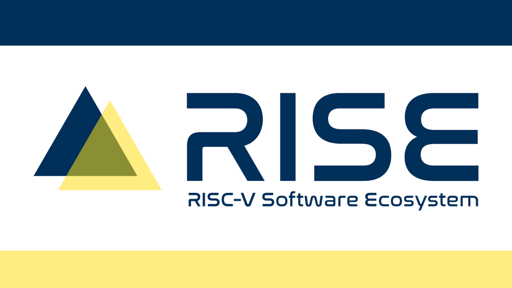Read about it some other community, perhaps the guix one, and I was keeping it to help me in the future. It relies on nonguix repo which has its own recipes, but this one is nice. I wish I wouldn’t need any binary blobs, but sadly that’s not how things work. Counting on risc-v not just getting competitive hardware, but also motivating the surrounding hardware to follow.
I’ll definitely need it in order to use relatively modern hardware.
Many thanks !





I’ve tried in the past flatpak packages, they are terrible in many senses the proponent (vast majority AFAIK) don’t say, among them:
Good that they provide an alternative way to install packages not available in your distro repos, but for that user repositories building against native libraries are a much better option, like AUR in the case of Arch, and even their binary packages coming from other distros or from upstream might be even better than those universal static binaries providers.
There are political aspects involved in the past claim from the proponents, and it’s that in their view gnu+linux echo-system should become like the windows one, where everyone company or org (to them doesn’t matter) should be able to provide their binary packages, and then there’s no reason to think of anyone being able to build their staff.
There’s a tendency actually on providers on those hubs, to ignore problems on people who tries to build their stuff on their own, claiming they only support those universal packages. Which to me it’s dangerous, since it goes in detriment to the ability to build and distribute the software, which might not be due to licenses, but rather practical reasons. This might actually be against the licenses they use, but now a day who cares, right, it’s available on that packager repo…
Lastly one argument provided in favor of the apps coming from those universal packages is sandboxing. But there’s firejail which can be install on most gnu+linux distributions, and comes with profiles for a pletora of apps, and if sandboxing is not enough, it can easily be combined with apparmor, or if you prefer selinux might be used… No need for those universal packages to have a sandboxed experience.
One final note, so far gnu+linux has been characterized by having a diversity, which is good, that diversity offers people options to choose from, and a lot of different solutions for different purposes. Not so long ago the claim was that it was not good, that meant fragmentation, and fragmentation is bad for adoption and maintenance. I see it the other way around, this diversity allows for choosing for what aligns better with the user intends, like easy to use, or rolling release, or as vanila as possible, or as up to date as possible, or as hardened as possible, etc, etc. Systemd is another example of this universalization intended. Perhaps some distros prefer to be a shell for systemd and get packages just from universal packages, that’s bad news to me.
Of course having universal packagers present an oportunity for corps and orgs to also provide stuff on the gnu+linux platform, but in my mind the best would be for them to offer free/libre and open source software, that would build on any system and be provided by any packager that wants to offer it. Though I believe that to be too idealistic perhaps. Jeje.